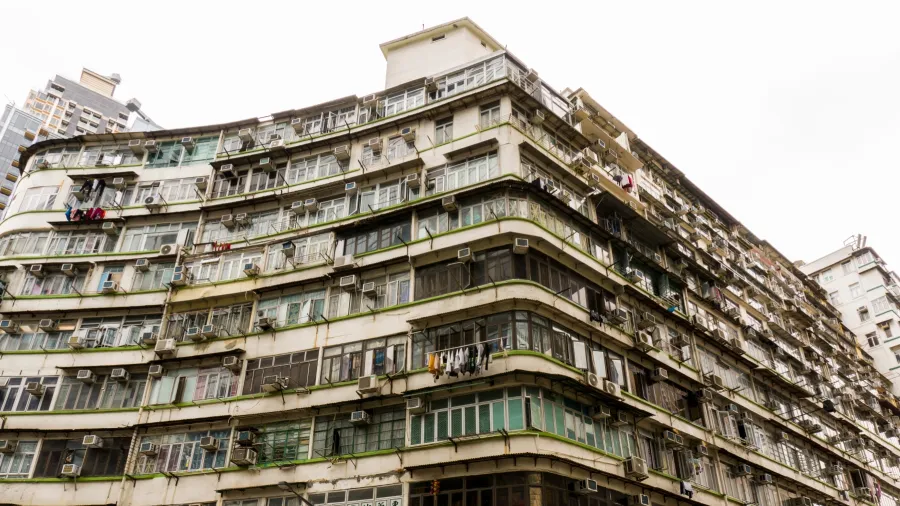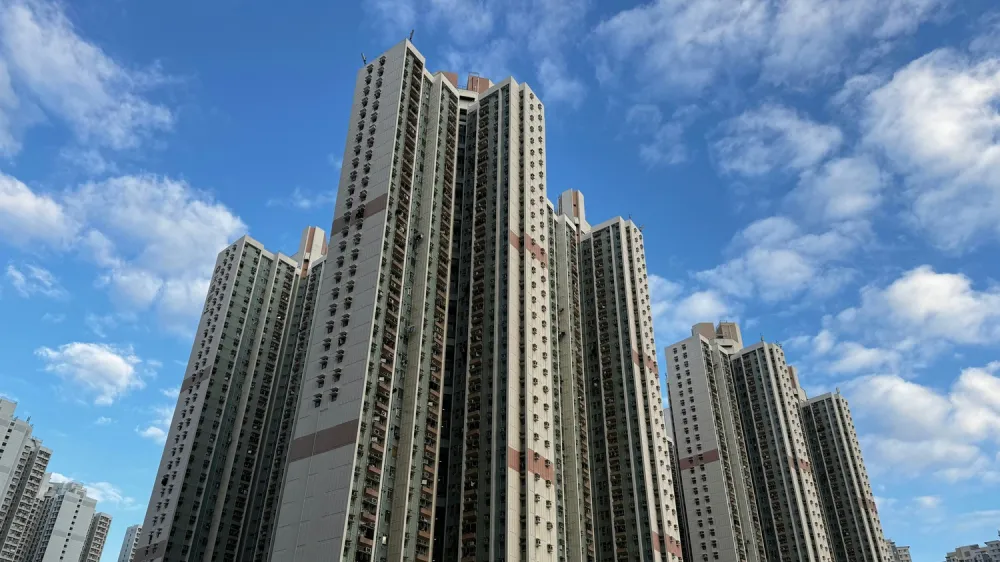
Hong Kong ban on cramped flats could spur rent hikes
The policy may cut supply and force landlords to pass on renovation costs to tenants.
Hong Kong’s plan to phase out subdivided flats under 8 square metres to improve the living conditions of poor families could drive rents higher, defeating the policy purpose, according to property analysts.
“Some landlords may find it financially challenging to upgrade their units to meet the new standards, and it will potentially lead to higher rents,” Rosanna Tang, executive director and head of research for Hong Kong at Cushman & Wakefield, told Hong Kong Business.
Renovating subdivided units under 8 square metres would also potentially cut the market’s flat supply, which could push rents up in the near term, she added.
Hannah Jeong, head of Valuation and Advisory Services at CBRE Hong Kong, said the lack of available units could temporarily increase rents. But prices are likely to decline in the long term.
Jeong, however, said the per-square-foot rate of these flats would decline in the long term given that the monthly rents will stay the same even if flats become bigger.
The monthly rents for these Hong Kong flats are usually less than $8,000, while in Kowloon and the New Territories, they range from $3,000 to $4,000, she said.
Jeong said it would be hard for tenants to find units they can afford, so the government may need to consider providing them with short-term rental housing.
Tang, for her part, said a comprehensive rehousing plan is important during the transition period. She added that Hong Kong should fast-track the availability of affordable housing, including light public housing or temporary units for those awaiting public housing.
She said the government could also use modular integrated construction technology, which can effectively shorten the construction period on site and enhance productivity.
On the landlord side, Jeong said the government could offer financial aid or tax deductions to help them meet the requirements.
Jeong said free consultancies would also benefit landlords, adding that most of them don’t know what the exact requirements are. “If the government can offer free consultancy services before construction, they will ensure the quality of the [units].”
There are about 150,000 subdivided units in Hong Kong, about a third of which are below eight square metres, she said. The government measure could lower their number, but it is unlikely to eliminate them from the housing market, she added.
“We have lower-income families who need public housing,” Jeong said. “The long queue and supply of public housing, however, hasn’t met the demand yet. These subdivided units play a middle role for those who can’t get public housing but at the same time can’t afford private housing.”
“Subdivided units will not disappear from the market completely as [they] accommodate this middle gap,” she added.
Jeong said the government should continue to regulate SDUs to improve living conditions.



















 Advertise
Advertise






